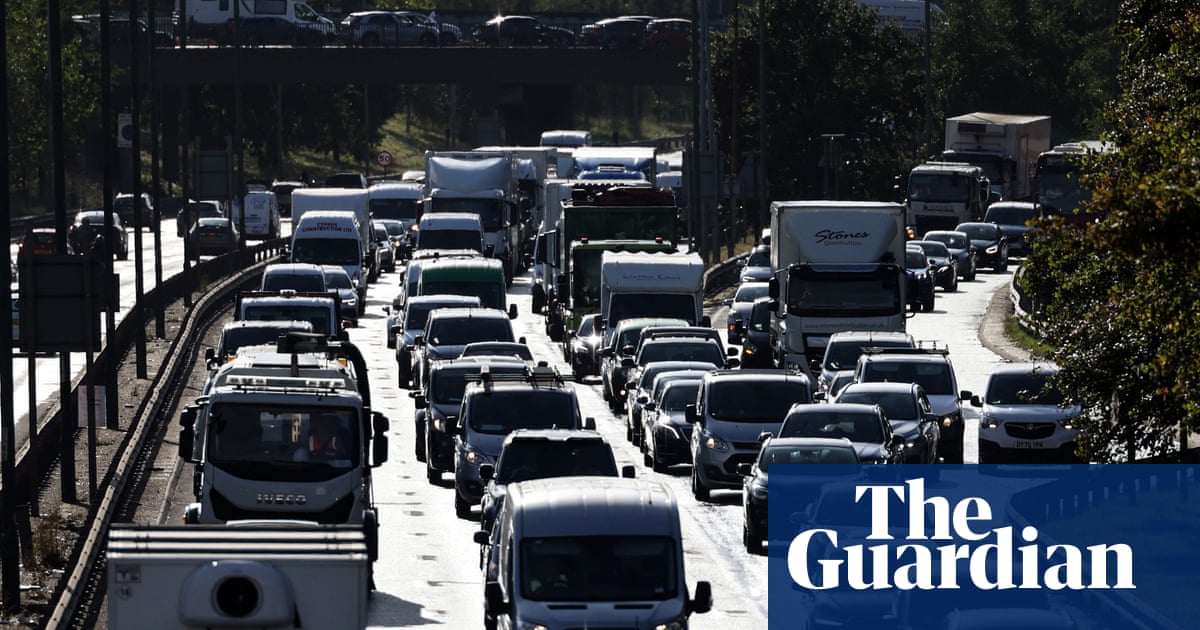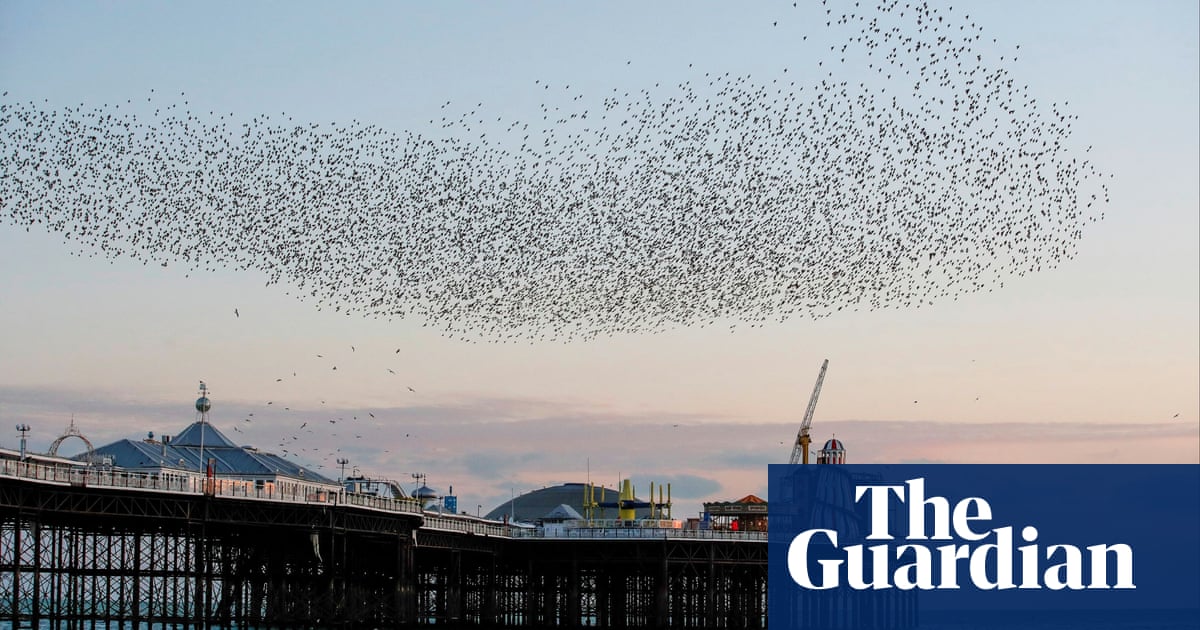
he British self-proclaimed reputation for probity seems to have taken a battering recently. If it’s not Boris Johnson’s dubious WhatsApps, it’s David Cameron’s lobbying on behalf of the doomed financial services company Greensill. I have to admit my first reaction to the latter was glee at the comeuppance for a former prime minister who once described Nigeria (my country of origin) as “fantastically corrupt”. I thought to myself, look who’s fantastically corrupt now? My second reaction was distaste for my schadenfreude. After all, if my private texts were held up to public scrutiny, I might have much to be ashamed of. If I had easy access to powerful and influential members of the cabinet, who is to say I wouldn’t try to use this access on behalf of my friends? A little more grace, I reminded myself.
Strictly speaking, what has been reported in the Greensill scandal is “cronyism”, the preferential treatment shown to old friends and associates, and not corruption, which involves the criminal appropriation of public funds. But as the Nigerian proverb says, it starts with clapping, before escalating to dancing.
I know something about corruption. After all, I grew up in Nigeria. By some estimates, over $400bn has been lost to corruption since our independence in 1960. Year after year, we’ve watched billions of dollars flow into the country via revenue from crude oil sales and we’ve watched those same billions flow out of the country via crooked politicians and government ministers.
We also know that the corruption in Nigeria is inextricably linked to the corruption in cities such as London, New York and Paris. In 2020, Transparency International ranked Nigeria 149 for corruption and the United Kingdom only 11 (you want to be closer to 1) but how can this be when a large portion of Nigeria’s looted wealth is spent abroad?
The bulk of Nigeria’s political elite have few original ideas. They can only mimic their former colonial masters whose pattern was to pillage in Africa and then spend their ill-gotten gains back home in Europe. Go to Knightsbridge or Mayfair or South Kensington and I will show you property bought with money stolen from Nigeria. Go to the shop floor of Selfridges or the endless warren of Harrods and I will show you Rolexes, diamonds and designer bags paid for by the Nigerian treasury. Money meant for education and healthcare and infrastructure; money meant for Nigerians, which is now being used to grow the British economy.
For every corrupt Nigerian politician leaving the country with stolen money, there is a corrupt British professional on this end, the estate agent willing to turn a blind eye, the lawyer drafting the necessary paperwork, no questions asked, all facilitating the spending of this loot. The 2017 passage of a Magnitsky-style law to target human rights violators and the further amendments which allow the UK to impose sanctions on individuals accused of corruption, suggests some acknowledgment that the UK has become a haven for dirty money from all around the world.
Yet, while this may be acknowledged at the parliamentary level, it mostly hasn’t trickled down to the everyday Briton. If I had a pound for every time someone mentioned “corruption” or “those scam emails” when I say I’m Nigerian, then I could probably buy a flat in central London and live next to a former Nigerian minister of state.
There is no gene that makes Nigerians corrupt and Europeans less corrupt. After all, evidence of British corruption is proudly displayed in glass cases in the British Museum, the stolen artefacts from around the world paraded like objects from a crime scene.
If living in Britain makes you think that corruption in Nigeria has nothing to do with you, then think again. The migration flow of Africans to Europe is linked to kleptocratic regimes that have ruined economies and caused Africans to seek opportunities elsewhere. If you’re someone who happens to be worried about African migration to Europe, I suggest you worry more about the African loot being spent in your capital city.
Secondly, people do what they feel they can get away with. Corruption is not an African problem; it’s not a developing world problem. Corruption is a human problem. It’s time for civil society in the United Kingdom to wake up. The Greensill scandal is not the first of its kind to crop up under Boris Johnson’s government. There’s a certain renovation, the funds for which are still unexplained. There have been government contracts awarded to well-connected individuals with questionable credentials to fulfil them. And so on and so on.
No society is destined to be corrupt and no society is destined to be upright. It is individuals that must safeguard their institutions against the human tendency we all have to try to do what we think we can get away with. Today it’s the Greensill scandal. Tomorrow, what could it be?
At our independence in 1960, Nigeria was believed to be destined for great prosperity. We had a wealth of natural resources. We had human capital in an educated middle class and we had a young and large population that could be channelled into an industrial and manufacturing revolution. Decades of corrupt and ineffectual leadership has squandered this dream. Take it from someone who knows the speed at which things can fall apart. Keep an eye on the government.
Chibundu Onuzo is author of The Spider King’s Daughter and Welcome to Lagos












